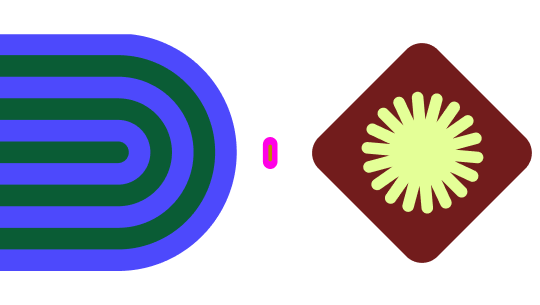Figma Legal
The information provided here is for Figma customers and users who have questions about our terms, policies, intellectual property, and compliance.
Figma AI Terms
These Figma AI Terms (these “terms”) are between Figma, Inc. (“Figma”) and the customer agreeing to these terms (“you”). If you are agreeing to these terms on behalf of a company (such as your employer) or other legal entity, you represent and warrant that you have the authority to bind that company or other legal entity to these terms. In that case, “you” refers to that company or other legal entity. These terms are expressly incorporated into your existing customer agreement with Figma (your “Customer Agreement”). These terms will govern if they conflict with any of the other terms in your Customer Agreement.
Access to Figma AI. Figma AI is made available to you on the terms and conditions that apply to the Figma Platform in your Customer Agreement. Just like when you use the Figma Platform generally, you are responsible for using Figma AI in accordance with Figma’s Acceptable Use Policy available at www.figma.com/aup/. “Figma AI” means feature(s) and functionality made available by Figma that are identified by Figma as artificial intelligence (AI) features.
Input, Output, and Ownership. You may provide or make available prompts, images, materials, files, and other content to Figma AI (“Input”), and receive images, materials, files, and other content generated and returned by Figma AI based on that Input (“Output”). Input and Output are Customer Content. As between you and Figma, you retain all right, title, and interest in your Input and Output, and Figma retains all right, title, and interest in the Figma Platform (including improvements and enhancements to the Figma Platform, along with new products and features). “Customer Content” means the applications and materials that you develop on or upload to the Figma Platform.
Training Figma AI. When “Content Training” is toggled on within your administrative user settings, Figma may use your Customer Content to maintain, improve, and enhance Figma’s products and services by training machine learning and artificial intelligence algorithms and models. Learn more about the steps Figma takes to protect your privacy here.
Control Your AI Settings. Figma won’t begin training on Customer Content for accounts with their “Content Training” toggle on until August 15, 2024. If your “Content Training” toggle is on on August 15, 2024, and an administrative user later toggles it off, new Customer Content and edits added after the date the toggle was turned off will not be used to train AI models. For more information on the Content Training toggle, visit this Help Center article.
AI Limitations. Output is generated by artificial intelligence. Output is not verified by Figma for accuracy and does not represent Figma’s views. Figma makes no warranty or guarantee as to the accuracy, completeness, or reliability of Output and will in no way be liable or responsible for your use of Output or any omissions or errors in Output. You are responsible for evaluating Output for accuracy and suitability for your use case, including by employing human review of Output and obtaining any relevant clearances.
Miscellaneous. Figma may update these terms in the same manner that Figma may update your Customer Agreement. Figma AI made available in beta is also governed by the beta terms found in your Customer Agreement or, if there are no beta terms in your Customer Agreement, then in Figma’s Terms of Service. Any capitalized terms that are used but not defined in these terms will have the meaning given to those terms in your Customer Agreement. If the term “Figma Platform” is not used in your Customer Agreement, Figma Platform has the same meaning as the term used to refer to Figma’s products and services.




